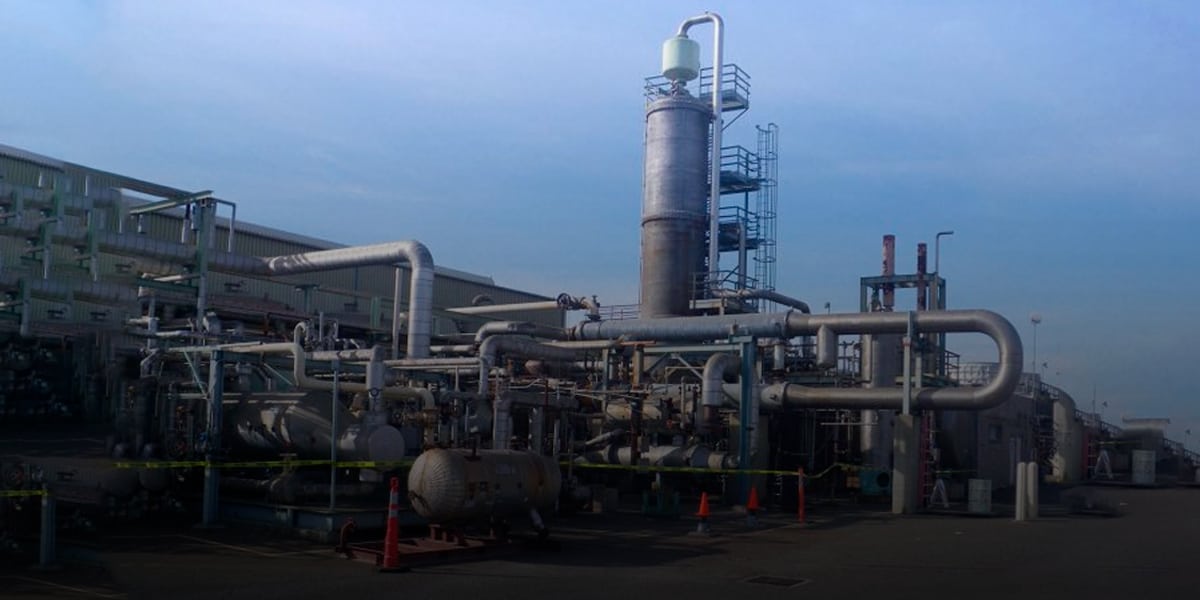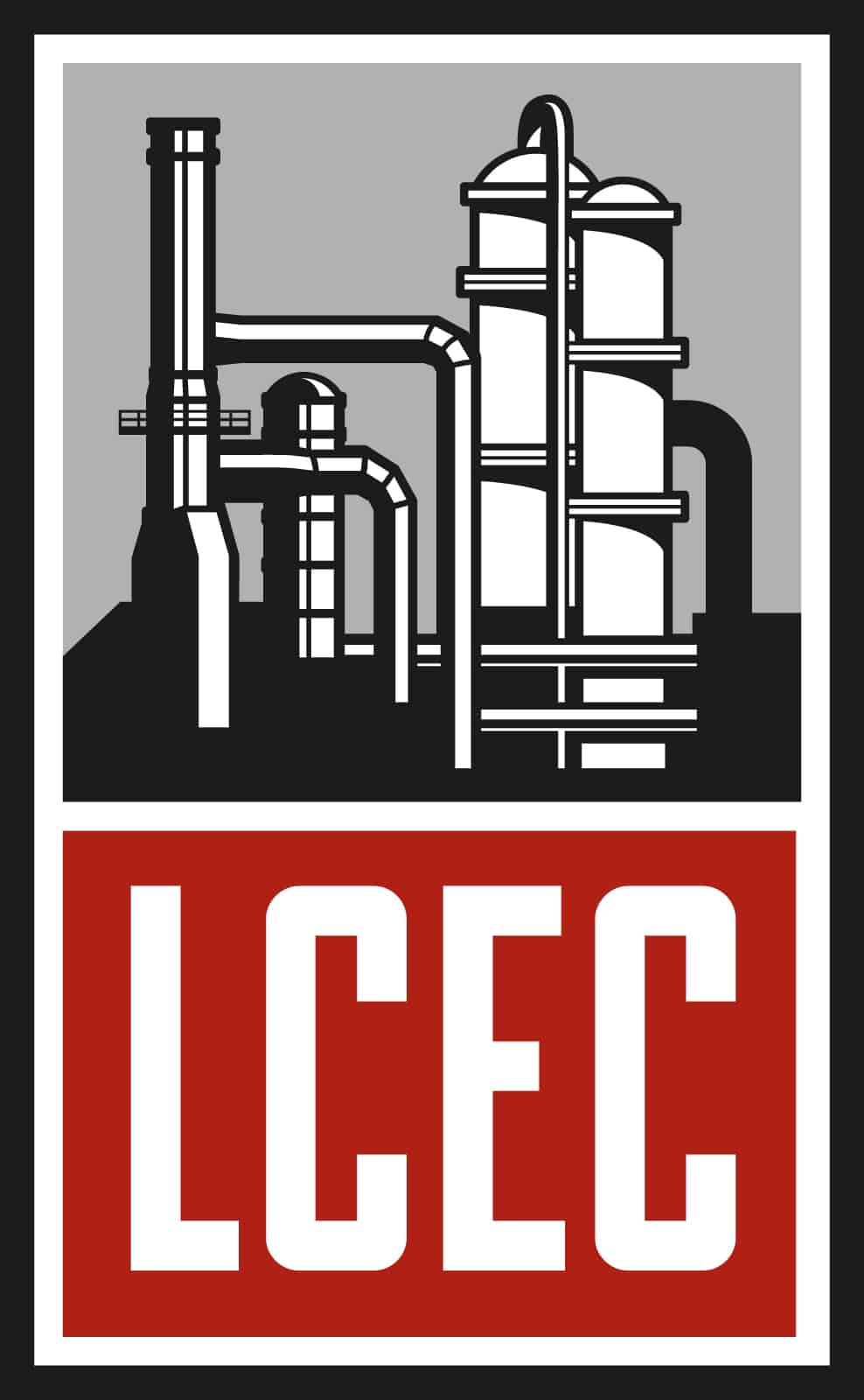
Methanol, ammonia and hydrogen plants all produce crucial materials for the agriculture, manufacturing and energy sectors and other industries. While they have their differences, all these plants rely on high pressure and high temperatures to produce chemical reactions to create products.
Most of these plants use steam methane reformers (SMR) as part of their production. They create synthesis gas, also known as syngas, which is then used in hydrogen production and in methanol and ammonia synthesis.
The similarities between these plants and the equipment they use are significant enough that it is possible to convert a methanol plant into an ammonia plant or a methanol facility into an ammonia facility. It may also be possible to use similar equipment to upgrade your plant.
Methanol Plants
Using a methanol synthesis loop, methanol plants produce methanol by reacting carbon dioxide and carbon monoxide with hydrogen. In most methanol plants, the process involves purifying the feed, processing syngas, reacting the gas stream with oxygen, and processing gas. The procedure also includes methanol synthesis and distillation.
Methanol plants rely heavily on synthesis gas compressors. They may also be able to create a saturated solution of ammonia in methanol for industrial and other applications.
Hydrogen Plants
Hydrogen is an important part of refining petroleum, and the energy industry relies on hydrogen plants to provide this chemical.
Carbon monoxide and hydrogen are created in hydrogen plants by reacting syngas and steam in a process known as steam-methane reforming. Hydrogen plants use high-temperature steam and high pressure to separate hydrogen atoms in methane. The plants then remove impurities using the “pressure-swing absorption” process.
Ammonia Plants
Ammonia plants produce ammonia by synthesizing hydrogen and nitrogen in a 3:1 ratio, using what is known as the Haber-Bosch process. During this procedure, high pressure and high temperatures create a chemical reaction that produces ammonia. Most plants use steam methane reformers, feed purification and carbon dioxide removal as part of the process. The resulting product is often used as fertilizer or to make specific types of fertilizers.
Why Choose Louisiana Chemical Equipment Company?
Chemical plants rely on quality machinery and equipment to produce the solutions their customers demand. Louisiana Chemical Equipment Company is the right partner for chemical plants looking to buy and sell equipment. If you’re upgrading your plant, you can rely on us for quality equipment without the price tag of new machinery.
Louisiana Chemical Equipment Company is also your one-stop solution for chemical development. Whether your plant needs mixers, compressors, motors, heating exchangers, tanks, vessels, reactors, centrifuges or other chemical processing equipment, you can count on our years of experience to help. With our used equipment, you enjoy cost-effective solutions without waiting for machinery to become available. The equipment is ready to go for your plant, meaning less downtime.
Contact Us Today
We’re transparent about our process so you always know where we get your equipment from. Whether you have a hydrogen, ammonia or methanol plant, our equipment can help you convert, upgrade or expand your facility.
To find out more or to talk to our expert team about your questions, contact Louisiana Chemical Equipment Company today.
Louisiana Chemical Equipment Company • Toll Free +1-866-289-5232 • International +1-281-471-4900
+1-225-923-3602 • sales@LCEC.com • plants@LCEC.com
Louisiana Chemical Equipment Company, L.L.C.
offers an extensive range of quality chemical process equipment and Complete Chemical Plants with competitive pricing.


